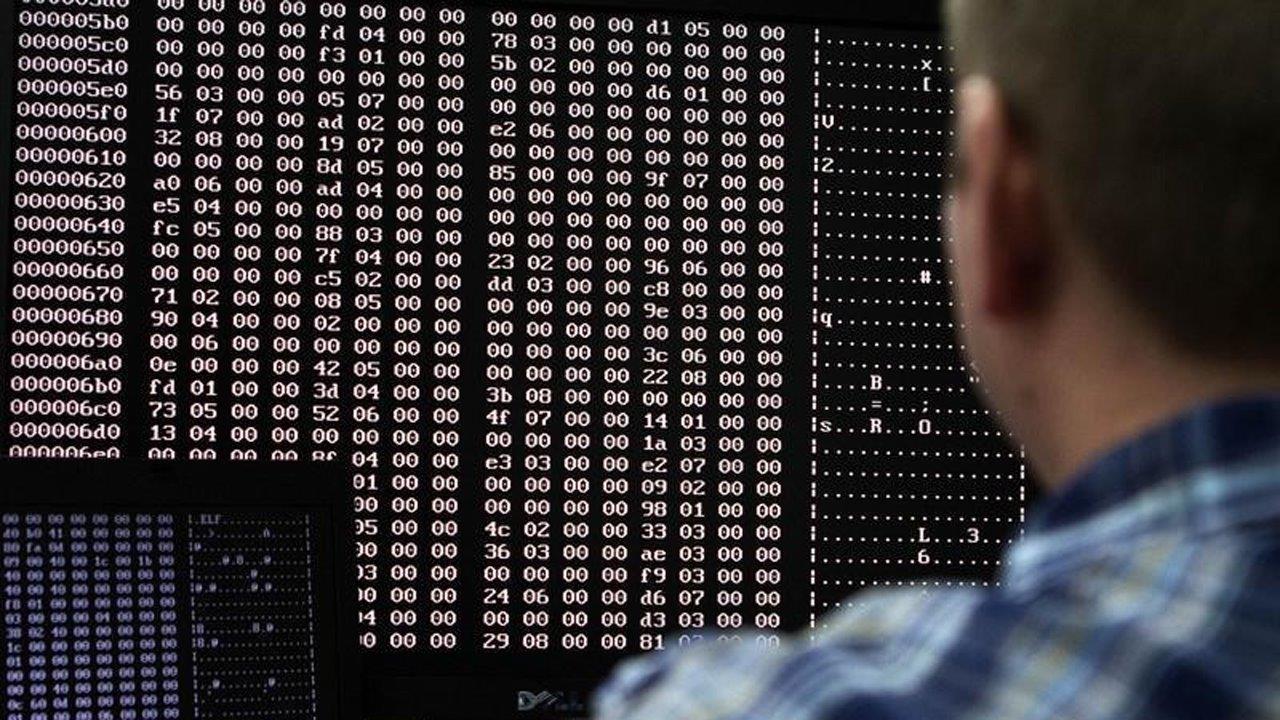How businesses can prevent cyber attacks
Computers around the globe were hit by a ransomware cyber attack Tuesday which asked for $300 in ransom. Phosphorus founder Gregory Keeley discusses how to protect your computers from cyber attacks such as this.
“People need to get off their butts and start to patch and look after their endpoint security,” Keeley told the FOX Business Network’s Maria Bartiromo.
According to Keeley, consumers need to be aware of all the devices in their household that could be at risk from potential cyber attacks and secure them.
“You look at a household right now, a general household, it’s not unusual for it to have 20 or maybe 30 IoT (Internet of Things) devices. Those devices are made with no secure backend. So people aren’t patching and they’re not protected.”
Keeley says it is a similar issue for companies with small businesses often having a similar number of computer devices to consumer households.
“So, if you have a house, and that’s equivalent of what a small, medium enterprise was just a year or two ago, you need to be patching those, you need to detect, you need to patch.”
But Keeley says not all patches are created equal.
“The fix that is out there right now,” Keeley says, “Our guys have run it down, it’s not a fix, it’s what they call a zombie patch, that will protect your machine or your IoT hardware from infection, but it won’t clean your machine.”
In the case of the latest ransomware, Bartiromo asked whether people should pay the ransom to unlock their computers.
“Absolutely not,” Keeley responded, continuing, “As of last night there was no way to actually pay that ransom because German authorities shut down the email account they were using to collect that money.”
Keeley then weighed in on the potential source of the ransomware, telling Bartiromo, “Where it’s come from were not sure, my money if I was a betting man would be on Russia.”
Keeley suspected the ransomware wasn’t actually about collecting money.
“If they’re really spending all this time to develop a ransomware to collect money off of victims, they’ve done a pretty bad job about it. That suggests to me that this actually isn’t a ransomware attack in so much as it’s perhaps and potentially a state-sponsored sort of denial of service.”




















